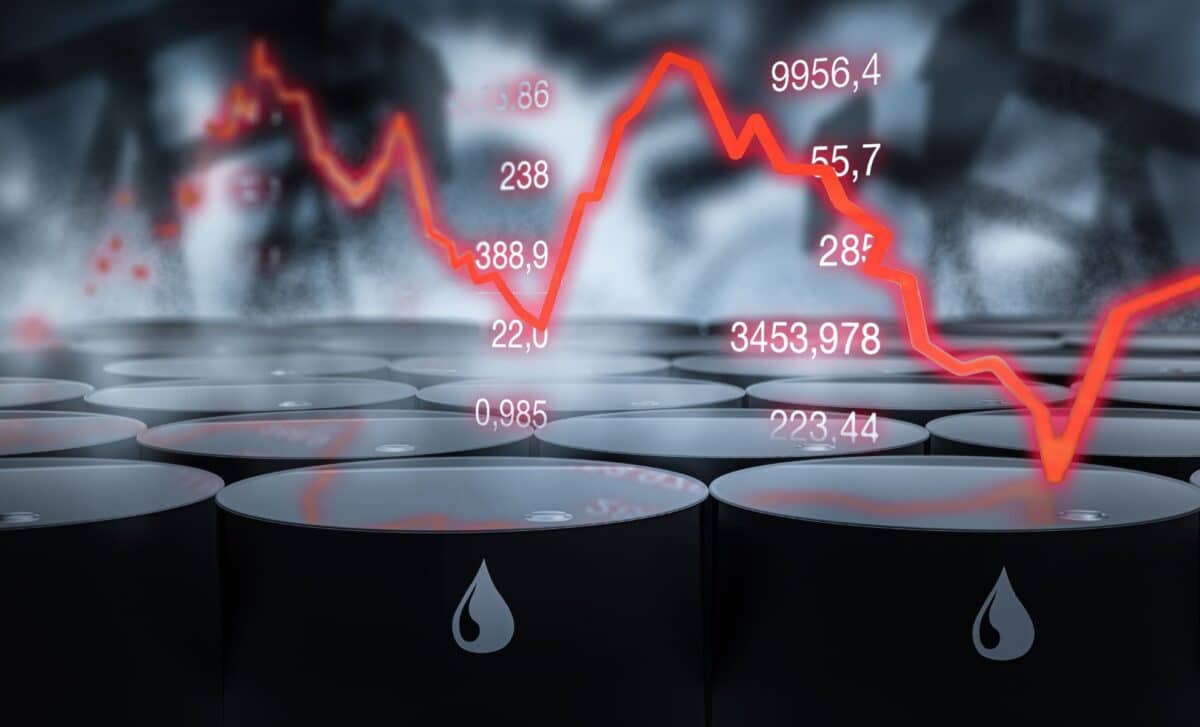Analysts predict that oil prices will reach $100 per barrel by May as Saudi Arabia extends production restrictions. In fact, escalating geopolitical tensions and an extension of the Opec cartel’s production cuts have economists predicting that oil prices would exceed $100 for the first time since summer 2022.
Analysts Predict Brent Crude Could Hit $100 Soon Amid OPEC Supply Cuts
Bjarne Schieldrop, chief commodities analyst at SEB bank, believes the price of Brent crude, the worldwide benchmark, will reach this high level in May or June.
Mr Schieldrop stated: “Towards the end of Q2, I think it’s natural to assume that we’ll see the price move towards the $100 mark.”
Brent crude has already risen by around 20% since the beginning of the year, reaching more than $91 per barrel.
This comes after the Saudi-led oil production cartel, Opec, announced in March that it would extend supply curbs of 2.2 million barrels per day for another three months.
According to Mr Schieldrop, an increase in oil prices to $100 should be temporary unless Russia and Saudi Arabia decide to maintain production cutbacks for extended periods of time. “It’s a wholly artificial price dictated by Opec. The major question is: what will Opec do in the third quarter?”
Opec has made cuts as Mohammed bin Salman and Vladimir Putin attempt to increase oil prices in order to generate more revenue.
Callum Macpherson, Investec’s head of commodities, expects oil prices will reach $100 by June if they continue to grow at the same rate as they have since December.
Geopolitical Tensions in the Middle East Could Propel Oil Prices Above $100, Analysts Warn
Many believe that the length of time oil prices remain high will be determined by growing tensions in the Middle East.
Daan Struyven, head of oil research at Goldman Sachs, warned in a client note last week that sustained Opec supply cutbacks “could send Brent above $100 for some time”.
According to Ole Hansen, an analyst at Saxo Bank, if Iran and Israel engage in violence and damage local oil supply, we might reach this benchmark “within days”.
A significant increase in oil prices increases the probability that inflation will remain high for an extended period of time, since it raises the cost of petrol and energy.
Chris Hare, senior economist at HSBC, stated that a sustained 10% increase in oil prices normally adds between 0.1 and 0.2 percentage points to UK inflation.
According to Ashley Webb, a UK economist at Capital Economics, this would be especially problematic in the services sector, where cooling inflation has been driven by reductions in the most energy-intensive sectors, such as transport, hotels, and restaurants.









